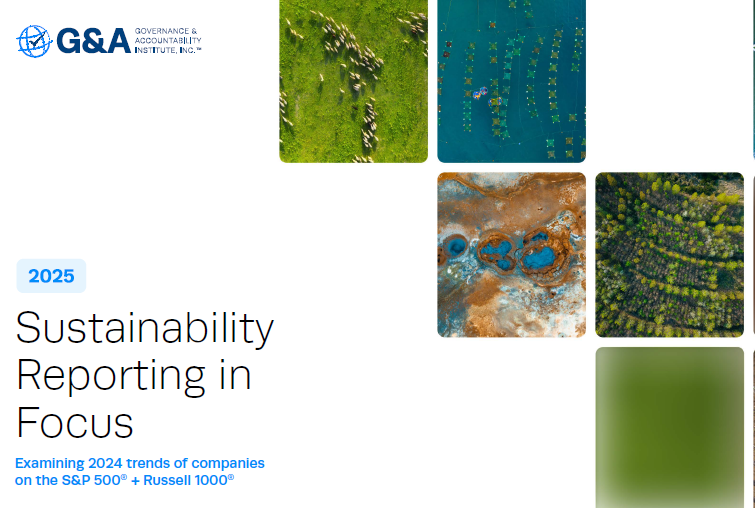Withdrawal of U.S. Interagency Climate Risk Principles and Its Implications for Supervisory Practice
In October 2025, U.S. financial regulators announced the withdrawal of joint principles on climate-related financial risk management. The decision reflects a return to existing supervisory practices without separate climate-specific guidance.

On 16 October 2025, the Office of the Comptroller of the Currency (OCC), the Board of Governors of the Federal Reserve System (the Board), and the Federal Deposit Insurance Corporation (FDIC) jointly rescinded the Principles for Climate-Related Financial Risk Management for Large Financial Institutions. These principles, finalised on 30 October 2023 were directed at institutions with over $100 billion in total consolidated assets. The framework had been intended to support the integration of climate-related financial risk into existing risk governance structures.
The withdrawal followed the OCC’s decision on 31 March 2025 to end its participation in the joint guidance. In the absence of unified agency support, the remaining regulators concluded that continued implementation of the principles was no longer appropriate.
Reinforcement of Existing Risk Expectations
The agencies clarified that the withdrawal does not indicate a diminished relevance of climate-related financial risks. Instead, they emphasised that existing supervisory standards already require financial institutions to identify and address all material risks, including those emerging from environmental or other external trends, when they are financially significant.
Supervisory expectations remain embedded in frameworks such as Section 39 of the Federal Deposit Insurance Act (12 U.S.C. 1831p–1) and its implementing regulations. These cover internal controls, loan underwriting, interest rate risk, and governance practices. The agencies stated that financial institutions should continue using these existing mechanisms to manage climate-related risks where applicable.
Justification of the Regulatory Step
In their joint notice, the agencies explained that maintaining a separate set of climate-specific principles was unnecessary and could distract from the management of other potential risks identified by existing risk processes and rules. They reaffirmed that financial institutions are expected to maintain resilience across operational, credit, market, and other risk categories.
The agencies also noted that the principles did not establish enforceable requirements or prohibitions, and that neither the principles nor their rescission create any rights or obligations. The withdrawal therefore does not introduce new requirements or eliminate existing ones. Institutions remain free to consider climate-related risks on a voluntary basis. The decision neither discourages nor mandates any particular approach.
Regulatory Classification and Administrative Note
The withdrawal was classified as a significant regulatory action under Executive Order 12866. However, it does not result in any new data collection or disclosure burdens under the Paperwork Reduction Act. No new information collections will be submitted for review, and the decision does not alter procedural requirements for regulated entities.
The agencies underscored that the withdrawal does not create or restrict legal rights and does not affect the ability of financial institutions to independently pursue climate-related risk management practices.
Potential Consequences for the Sector
The rescission reaffirms a principles-based approach to regulation, under which institutions retain discretion in how they address emerging risk categories. Some organisations may continue integrating climate considerations into internal control and governance systems in line with strategic or stakeholder priorities. Others may pause further development in this area, given the absence of formal supervisory guidance.
Nevertheless, the withdrawal underscores that domestic regulatory alignment on climate risk remains limited. The agencies reiterated that the rescinded principles were not necessary to ensure sound risk management and might have diverted attention from established supervisory priorities.
Outlook and Institutional Responsibility
Financial institutions are expected to continue managing all relevant risks through established governance mechanisms. Climate risk, if determined to be financially material, falls within that obligation. With the removal of the interagency principles, institutions must assess how to incorporate environmental factors within their broader risk frameworks, guided by their unique exposure profiles and stakeholder expectations.
The regulatory architecture itself remains unchanged. However, in the absence of dedicated climate-related guidance, variations in institutional interpretation and practice are likely to persist across the industry.



